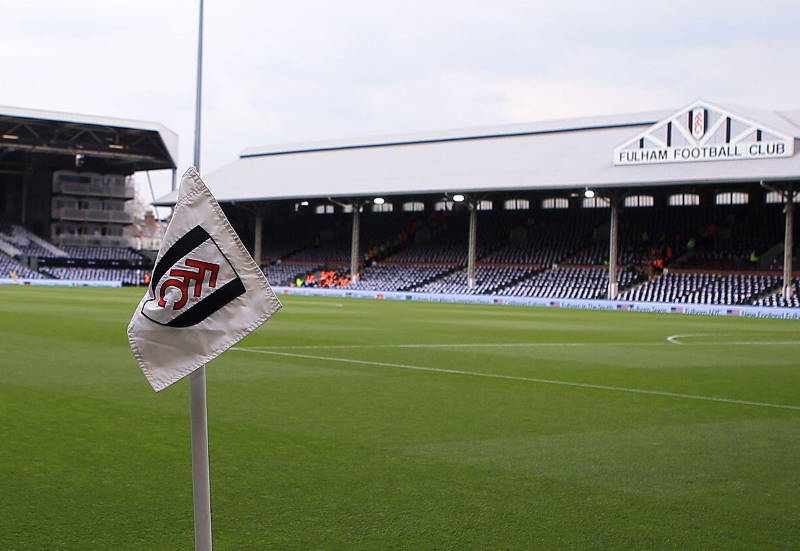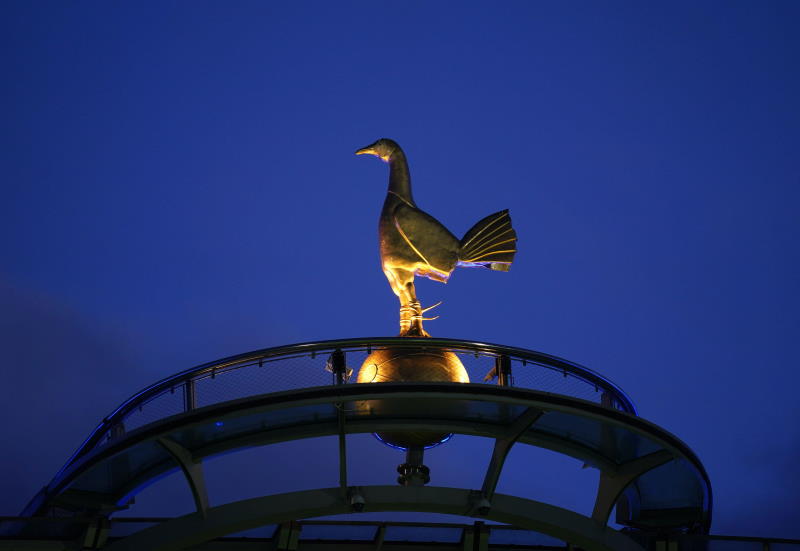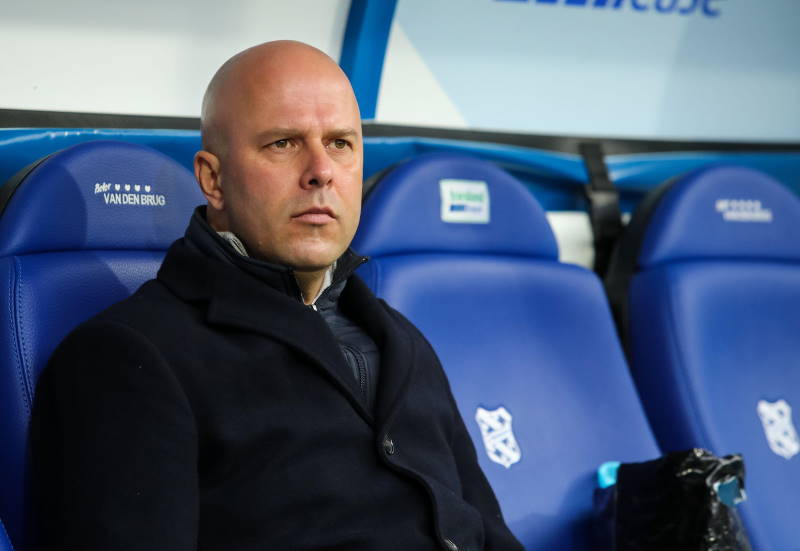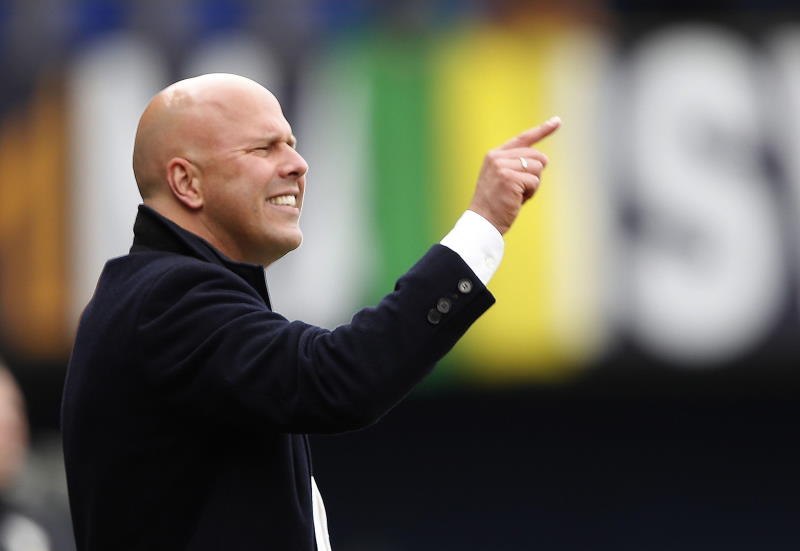
With another season gone Ukrainian football is beginning to resemble Scotland where two clubs have a total stranglehold on the game. The only difference is that Shakhtar Donetsk and Dynamo Kyiv come from two different cities, unlike Rangers and Celtic which are both based in Glasgow. No other major European leagues are so totally dominated by just a pair of clubs, although a few, including the two most glamorous leagues, Spain’s La Liga and England’s Premier League, come fairly close.
Shakhtar Donetsk had made sure of their sixth title back in early May – and added a domestic cup later in the month – leaving the Miners still seven behind their great rivals from the Ukrainian capital Kyiv. These 19 combined championship wins is still some way behind the original ‘Old Firm’ from Scotland, who have notched up an incredible 96 between them. But the Ukrainian Premier League is still in its infancy, having been created only in 1992 following the break-up of the Soviet Union, and only one other club, Tavriya Simferopol, appears in the 20-season list of champions.
Scotland, with its small population and only one great city, will probably always be dominated by its ‘Old Firm’. But Ukraine has the size, population and infrastructure to have a much more competitive league. With so many large cities and clubs with ambitions to match, it must be only a matter of time before one of the ‘also-rans’ makes a serious challenge to the duopoly.
Next year’s Euro 2012 will focus on the stadium of one of those clubs, which will be used for the tournament, and no doubt its residents themselves will receive a mention. Founded in 1925, before either of the ‘big two’, Metalist Kharkiv hail from Ukraine’s second largest city, home to almost two million inhabitants; it was once the capital of the Ukrainian Soviet Republic.
Well-supported with average gates of 26,252 – the number is on the increase and the stadium was packed to bursting against Dnipro Dnipropetrovsk last year – and closer to the 38,000 capacity for the visits by the ruling duopoly, the Yellow Blues have never finished higher than third in the league and have one solitary cup final appearance to their credit. But ambition has taken Metalist down the Shakhtar road, importing four Brazilians and three Argentinians into their squad, which has not yet brought the expected rewards. However, the Kharkiv-based club have had a measure of success, perhaps a portent for things to come, and their most notable achievement was in the UEFA Cup of 2008/09, where they finished top of a group which included Benfica, Olympiacos, Hertha Berlin and former winners Galatasaray. Ironically, it was one of the Ukrainian ‘Old Firm’ – Dynamo Kyiv – who finally ended their hopes, in the knockout stage.
Perhaps the club many non-Ukrainians would least like to see in the Champions League would be Dnipro Dnipropetrovsk, because of their difficult to pronounce name. But this is a side with potential, based in Ukraine’s third largest city and having a history of success in the old Soviet Championship, which is where all Ukrainian clubs played before 1992.
Generally, while Dnipro and Shakhtar could put in strong performances in the Soviet Cup competition, they could not gain regular success in the league. Dynamo Kyiv and Spartak Moscow, home to two respective capital cities, almost always succeeded in tempting the country’s finest players into their ranks and benefitted as a result. Indeed, Dynamo Kyiv won the USSR title a record 13 times.
Dnipro finished as champions of the Soviet Union twice in 1983 and 1988, followed by appearances in the then-European Cup. And they also have a string of UEFA Cup/Europa League campaigns to their credit stretching way back to the 1980s. Currently coached by former Sevilla boss Juande Ramos, they punch their weight with Metalist as the ‘best of the rest’.
And there are possibly three or four other clubs just waiting for their potential to become realised through an injection of huge investment, or the arrival of an exceptional coach. Karpaty Lviv especially have shown real progress – fifth this season – and should, with a little luck aided to their current good planning, enjoy regular Europa League football in the not too distant future.
For now though, the story remains all about Dynamo Kyiv and Shakhtar Donetsk.













